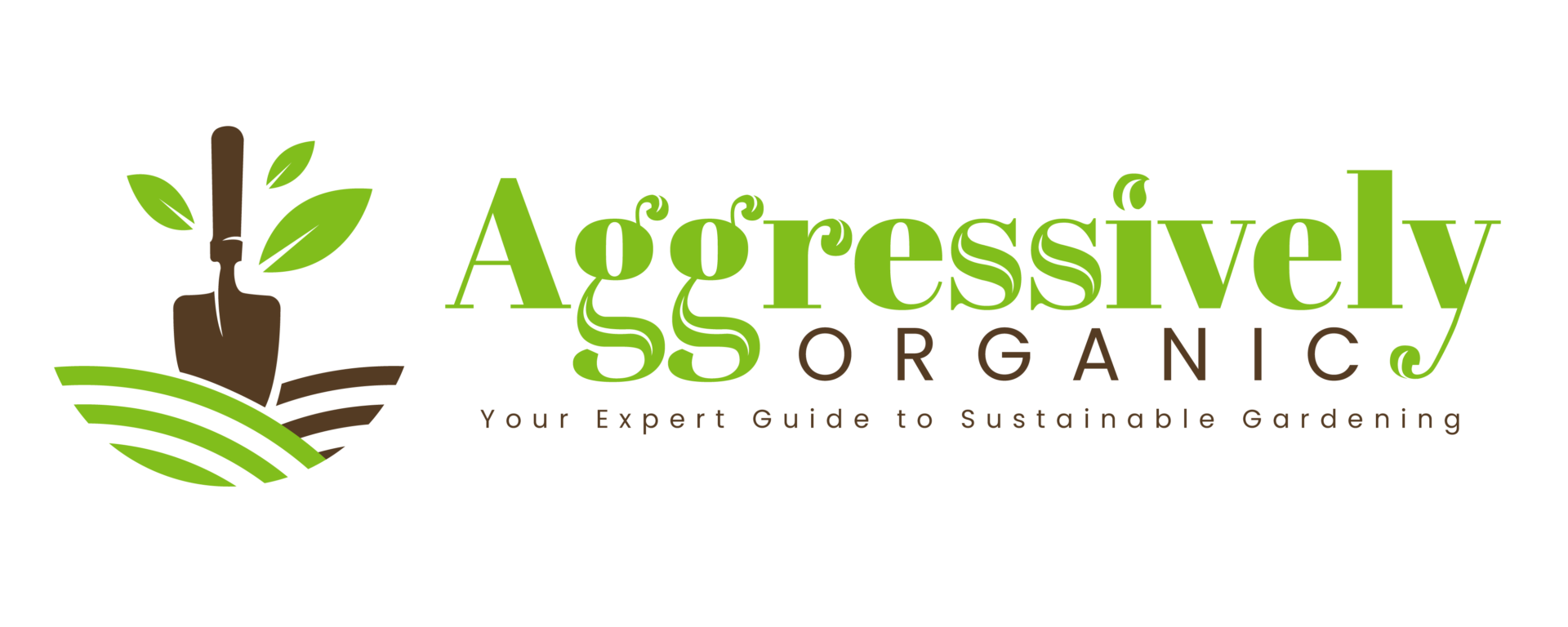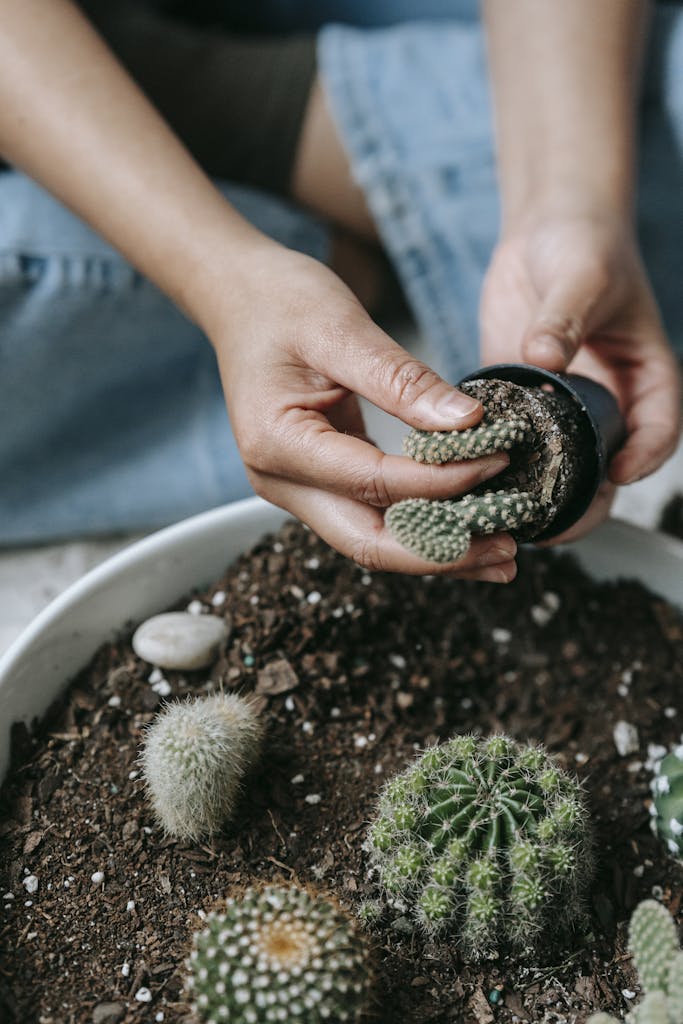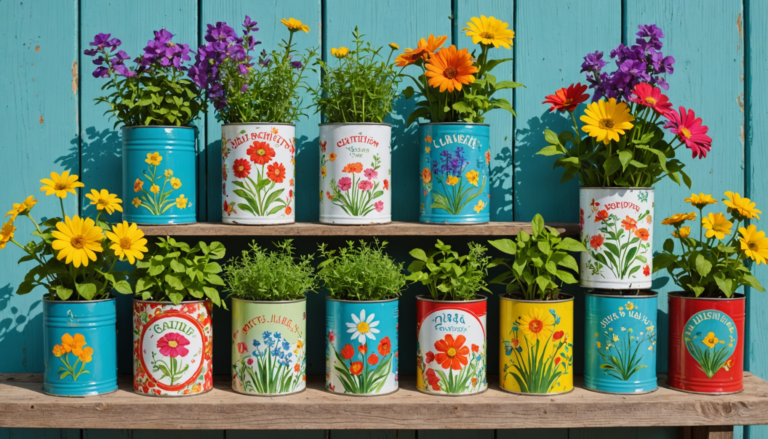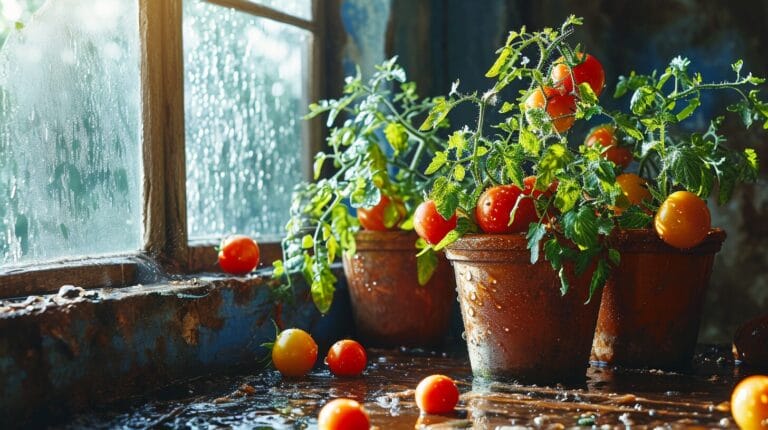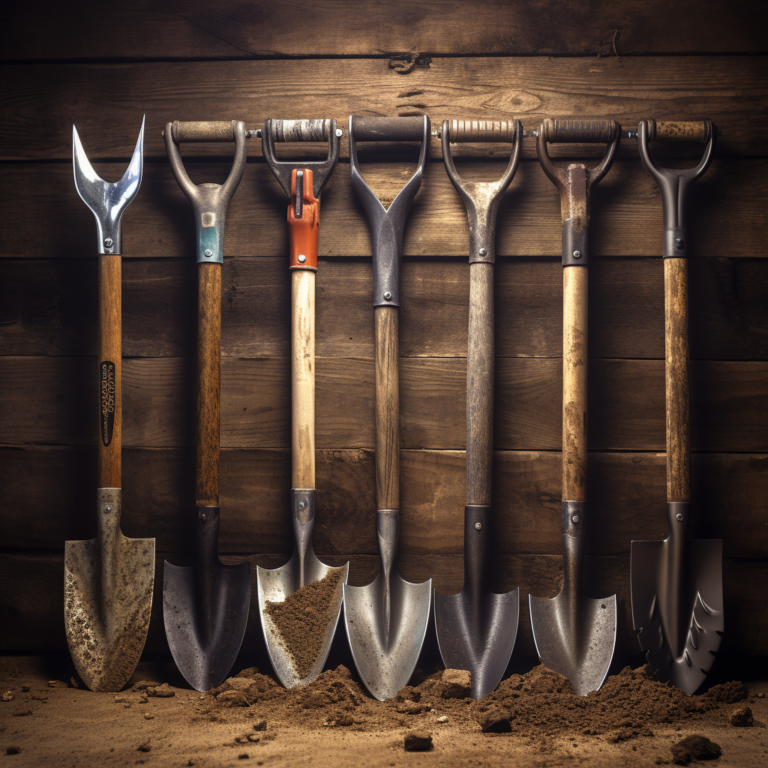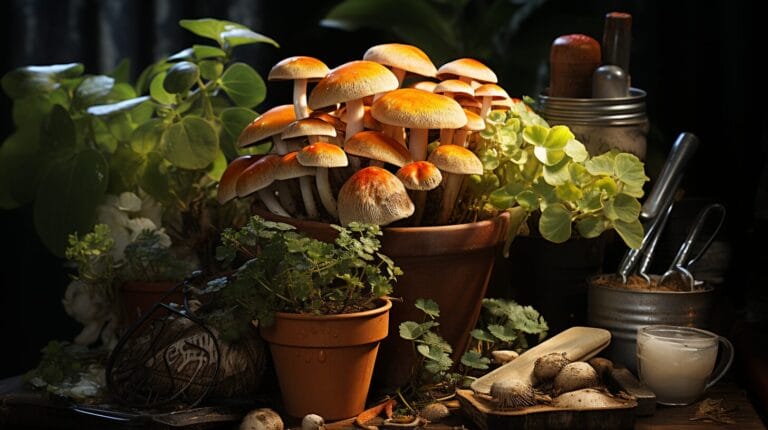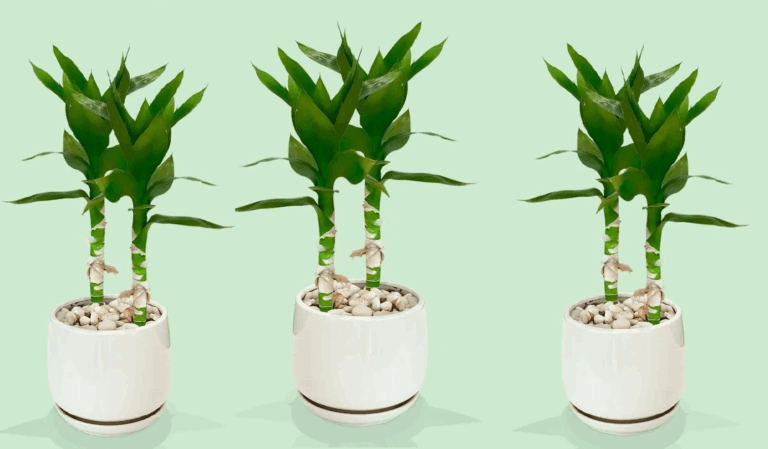Are you concerned about not possessing a green thumb? Don’t fret – initiating the process of planting herb seeds indoors can be simple and gratifying. But have you considered the best time to start this process, particularly when you’re planning to sow seeds for an indoor herb garden?
Understanding when to initiate your herb seeds indoors is crucial for a successful herb garden. By uncovering the key factors that influence seedling growth, we can maximize the potential of our herbs.
Let’s explore the intricacies of starting herb seeds indoors and set the stage for a bountiful herb garden in 2024.
Key Takeaways
- Careful planning and proper lighting are crucial for successfully starting herb seeds indoors, enabling the cultivation of robust herb plants from the comfort of your home.
- Select resilient herbs like basil and oregano to grow indoors for flavor and health benefits.
- Essential tools and techniques, such as good drainage and gentle watering, ensure indoor herb success.
- Transplant outdoors gradually, acclimatizing to reduce shock, for a thriving herb garden.
Understanding the Basics: Starting Herb Seeds Indoors
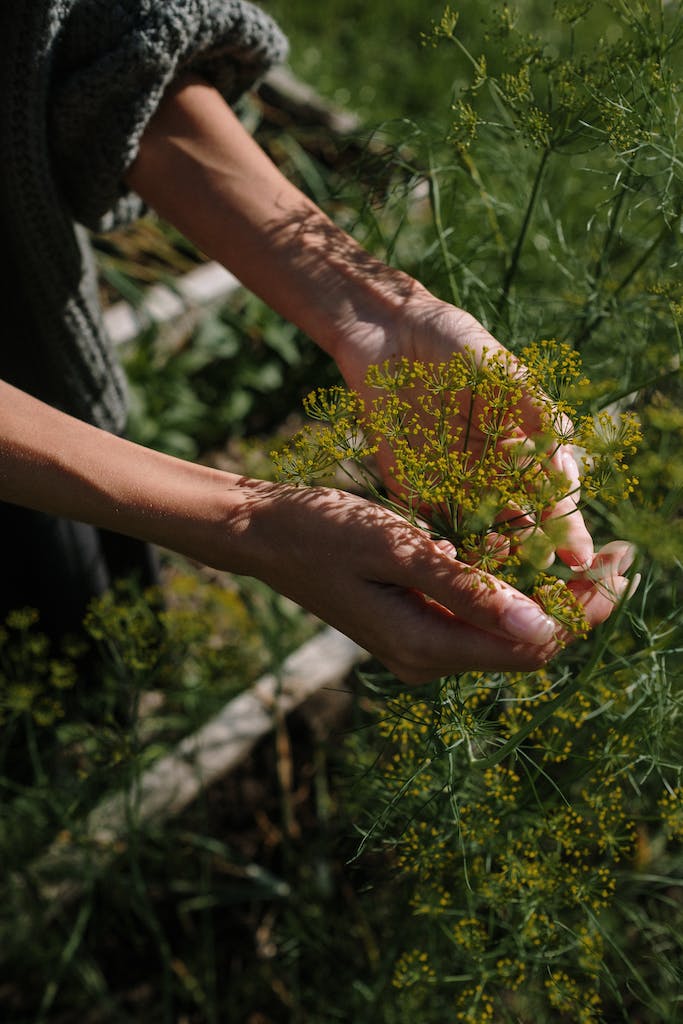
When starting herb seeds indoors, creating a suitable environment is crucial for successful growth. Light is essential for germination and development, especially when growing herbs indoors.
While natural light is beneficial, supplementing with a grow light during low daylight periods, like winter, ensures adequate light for healthy growth. Position herb seeds where they receive natural or grow light for 12-16 hours daily to simulate outdoor conditions and encourage strong growth.
Monitor seedlings’ response to light to adjust duration or intensity as needed. Providing sufficient light helps herb seeds sprout and grow into robust plants ready for outdoor transplanting.
Choosing the Right Herbs to Grow From Seed Indoors
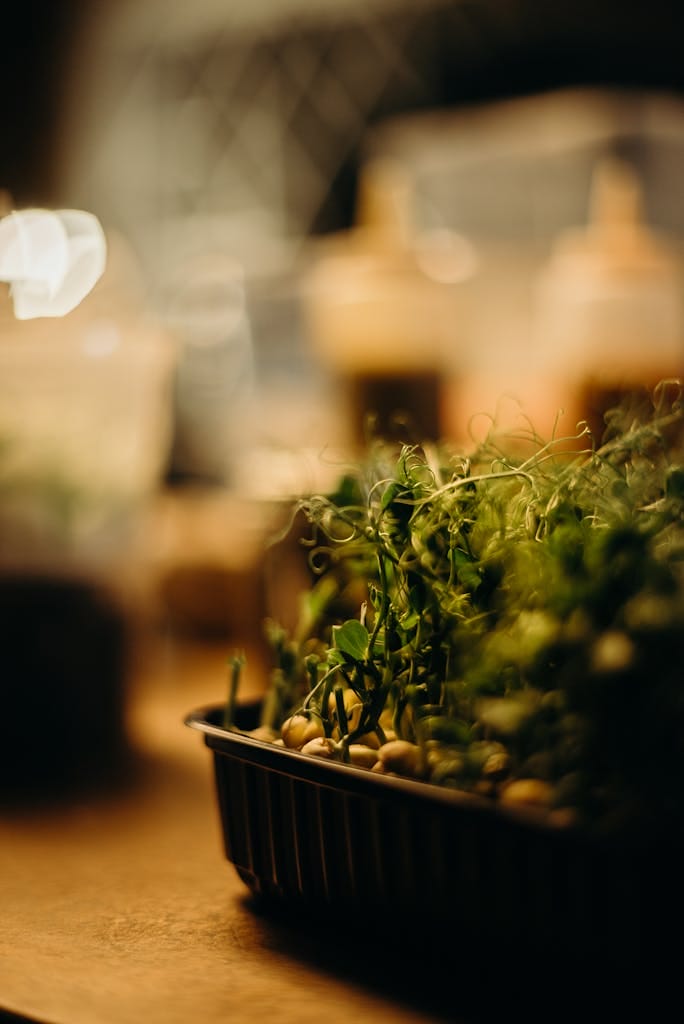
Selecting the right herbs to grow indoors is essential for successful indoor gardening. Beginners may benefit from starting with easy-to-grow varieties like basil and oregano, known for their resilience.
Culinary and medicinal herbs offer flavor and potential health benefits, making them great choices for indoor cultivation. While beginners should begin with familiar herbs, experienced gardeners can explore exotic varieties for a rewarding experience.
rowing exotic herbs indoors allows for expanding knowledge and skills, creating unique flavors for culinary dishes. Nurturing exotic herbs from seed to a thriving indoor garden can be an educational and fulfilling journey.
Essential Tools and Techniques for Starting Herbs From Seed Indoors
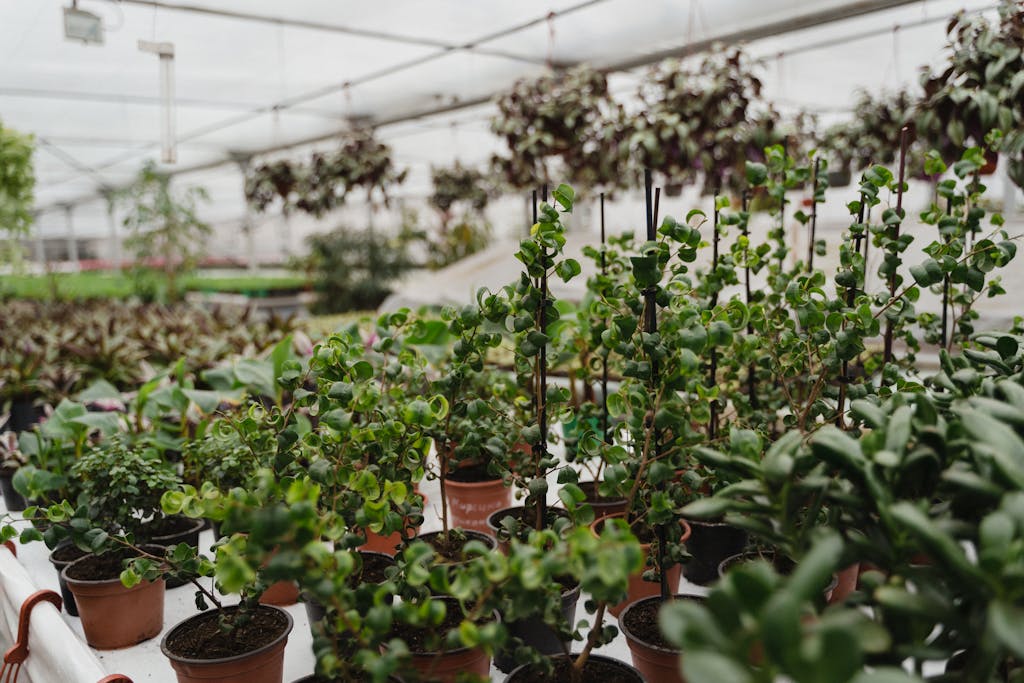
After selecting the right herbs to grow indoors, essential tools and techniques play a critical role in successfully starting herb seeds from indoors. To ensure a thriving indoor herb garden, here are some key tools and techniques to consider:
- Seed Trays or Pots: Choose containers with good drainage to prevent waterlogging, promoting healthy root development, a major factor for those who start indoors with seed packets.
- High-Quality Seed Starting Mix: Opt for a well-draining, sterile starting mix to provide seeds with the necessary nutrients for germination.
- Grow Lights: Supplement natural light with artificial grow lights to ensure adequate light exposure for strong seedling growth.
- Watering Techniques for your young plant starts: Employ a gentle watering method to keep the soil moist but not soggy, preventing seed rot and promoting optimal germination, a technique important for those starting to grow herbs from seed.
Transferring Your Indoor Herb Garden Outside: The Process of Direct Sowing
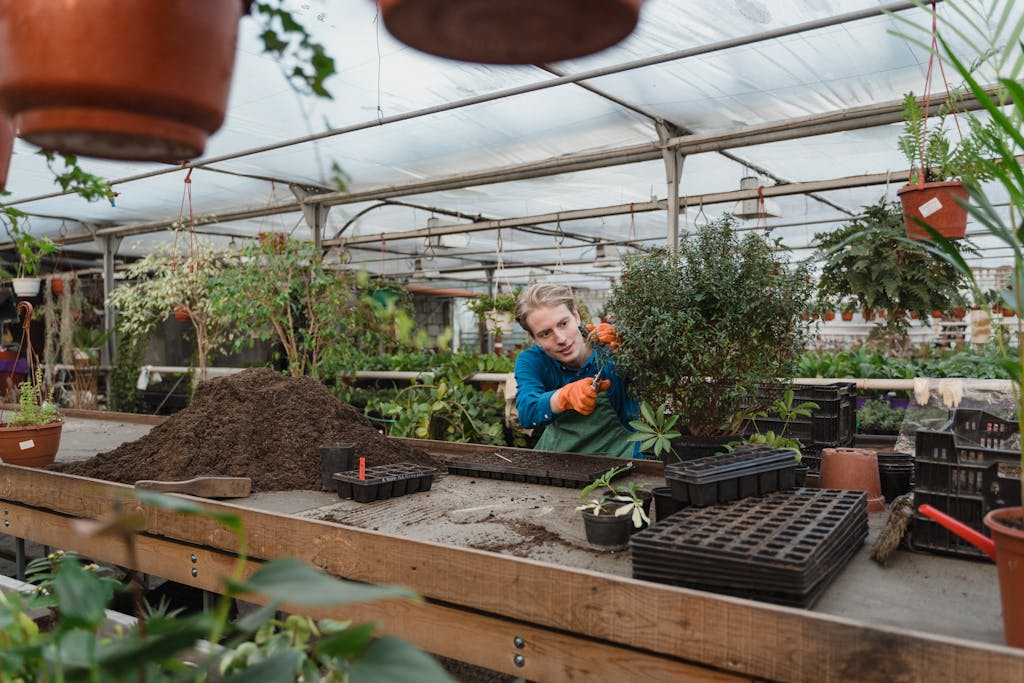
To move your indoor herb garden outdoors successfully, wait until after the last frost, acclimate herbs gradually, prepare soil with compost, plant in slightly larger holes, water well.
Ensuring the Success of Your Indoor Herb Garden: Common Challenges and Solutions
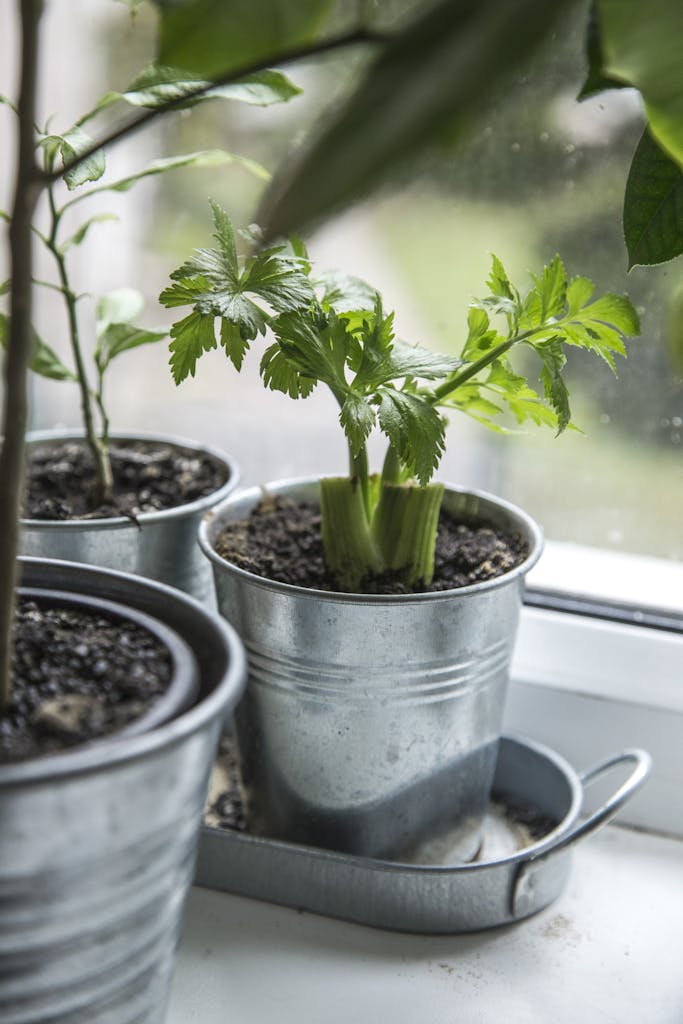
To have a thriving indoor herb garden, address common challenges by starting with quality seeds and providing proper lighting for optimal growth.
- Proper Planting Guide: Follow a detailed planting guide to understand the specific requirements of each herb you’re growing. Different herbs may need varying amounts of water, light, and nutrients,
- Starting Seeds Indoors: Begin your indoor herb garden by starting seeds indoors to give your plants a head start before the growing season, an advantageous step for cultivating fresh herbs.
- Understanding the Growing Season: Familiarize yourself with the ideal growing season for each herb in your indoor garden.
- Addressing Common Challenges: Be prepared to tackle common challenges such as pest infestations, overwatering, or inadequate sunlight promptly.
Conclusion
In conclusion, starting herb seeds indoors in 2024 can be a rewarding and enjoyable experience with the right knowledge and preparation, paving the way for a flourishing indoor garden of fresh herbs.
By following the guidelines outlined in our guide, you can set yourself up for success in growing healthy herbs right from the comfort of your home, starting with herb seeds from your local garden center.
Don’t hesitate to begin your indoor herb garden journey and watch your herbs flourish throughout the year.
Happy gardening!
Frequently Asked Questions
when to start herb seeds indoors?
The best time to start herb seeds indoors is typically 6-8 weeks before the last frost date in your area, ensuring your herbs will be ready for transplanting outdoors.
What are the easiest herbs to grow indoors from seed?
Some of the easiest herbs to grow indoors from seed include basil, parsley, chives, and mint, as they are relatively low-maintenance and grow well in indoor conditions.
How can I provide enough light for my herb seedlings when starting them indoors?
You can provide enough light for your herb seedlings by placing them near a sunny window or using grow lights to ensure they receive the adequate amount of light needed for healthy growth.
What are the best herbs to start from seed for a beginner gardener?
Some of the best herbs to start from seed for a beginner gardener include basil, cilantro, dill, and oregano, as they are relatively easy to grow and maintain.
How often should I water my herb seedlings when starting them indoors?
It’s important to keep the soil evenly moist but not waterlogged when growing herb seedlings indoors. Check the soil regularly and water when the top inch feels dry to the touch.
What are some common mistakes to avoid when starting herb seeds indoors?
Common mistakes to avoid when starting herb seeds indoors include overwatering, using old or poor-quality seeds, not providing enough light, and overcrowding seedlings in containers, often leading to less healthy young plants.
